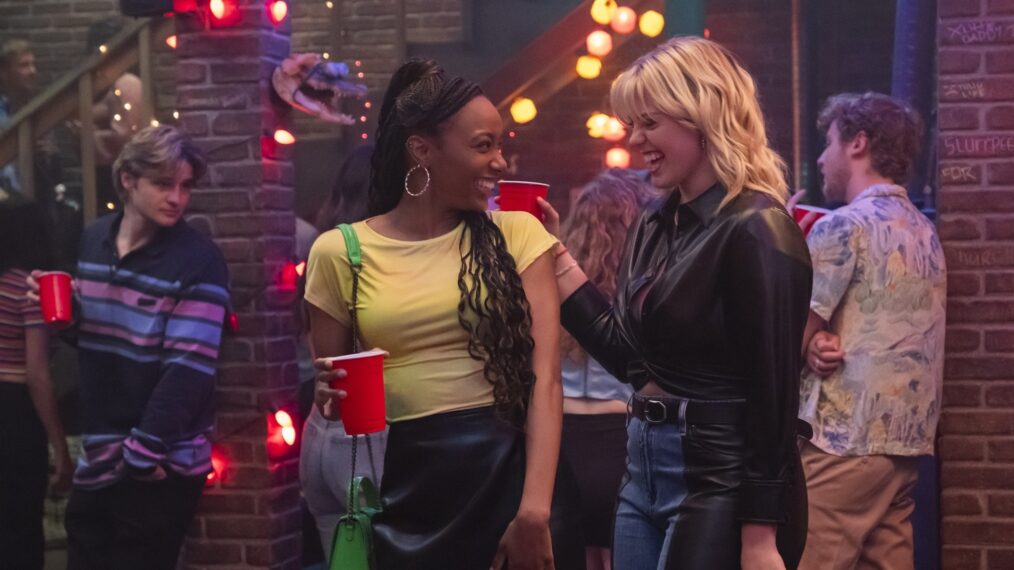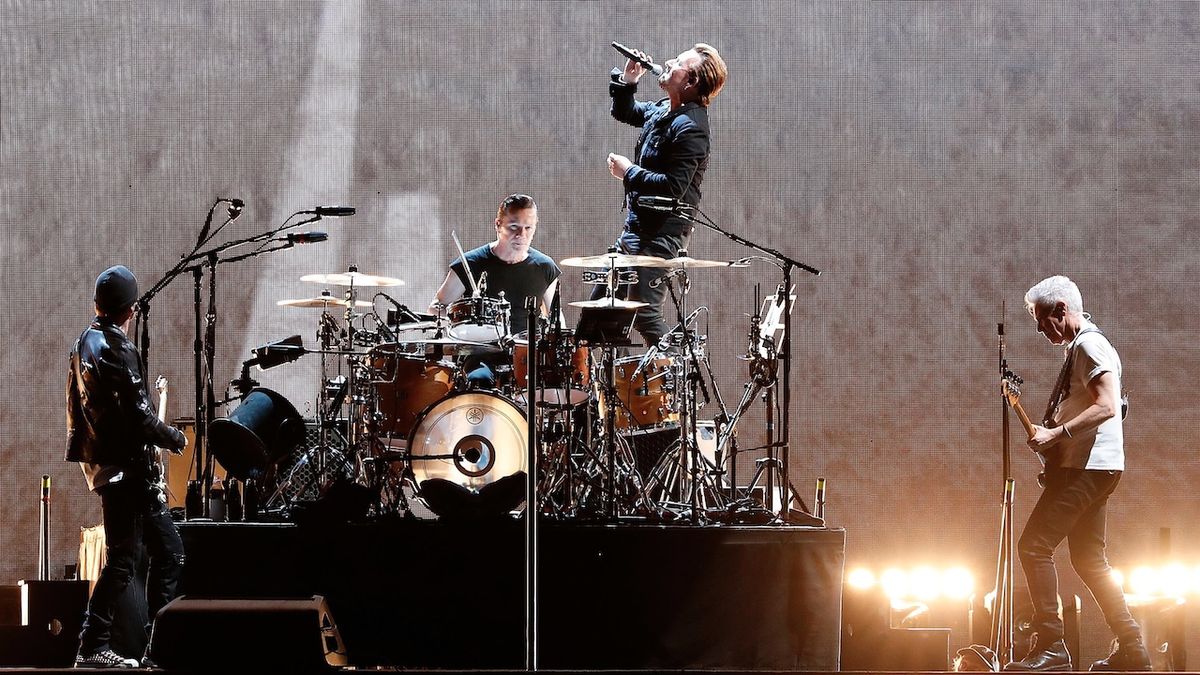Ray Luzier joined Korn back in 2008 when he was announced as the replacement of their original drummer David Silveria. The musician had been well established before joining forces with heavyweights of the genre like David Lee Roth, or the supergroup Army of Anyone. He has been with Korn for over a decade and recorded 6 albums with the band. Luzier is already thought of as an integral part of the group, which is becoming more noticeable in the latest acclaimed efforts by the gang.
Ray Luzier talks about his struggles
Starting with 2016’s “The Serenity of Suffering”, Korn has been enjoying a revival, with records that are positively received and see their sound rejuvenated and modernized, while keeping their unique identity.
Ray had faced with a challenge when he joined the fold, as he recently told Sick Drummer Magazine. Discussing his early years in the band, the drummer said:
“Being in Korn for 15 years now, I always tell people – back in the day I used to be kind of a chameleon, I would play with David Lee Roth, I would play with Jake E. Lee, and, of course, Army of Anyone and all my bands. But I have a lot of original bands, a lot of things from disco, metal to funk, you name it. I was a session guy in LA for a little bit, and you had to drop yourself into whatever pot that was. Okay, it’s a pop session – four on the floor. Okay, this is a metal session – double bass. You kind of adapt, but when I joined Korn, there’s no, ‘Okay, now with Korn, let’s just adapt to this.’ There was none of that, It was completely different animal.”
“It was like, I was dry heaving the first couple shows, because I was just like, ‘No one replaces anyone in Korn. Korn is who they are, they each have their own identities.’ But after the original guy quit, they had, of course, Terry Bozzio – one of my favorite drummers of all time, Brooks Wackerman is amazing, Mike Bordin played with them for a bit, and Joey Jordison, of course, from Slipknot. They had all these different people filling in, and I was the next guy, so I was like, ‘Okay, I’m just filling in too, these guys are all monster players.’ But to get inside a Korn song, it’s all in motion and feel it, doesn’t matter how fast your feet are, how technically great you are, how many things you have built up in your vocabulary in your head, drumming wise. You have to get inside the music of Korn.”
“It took me quite a few years, you know? I remember I got the gig in ’07, and then in ’09. I remember Fieldy came up to me going, ‘We’re gonna start going to the meet and greets, start signing things.’ And I’m like, ‘Why?’ and he goes, ‘Well, where are you going? Are you in this band or not?’ I would love to be, but I thought I was just a fill-in guy, and I was okay with that at first. But I also bonded with them in a really strong way, musically, emotionally, everything, the brotherhood. And I was like, ‘Well if I’m with this band, what’s that mean?’ And then when we figured out everything we needed to do, then it became like, ‘Okay, where’s my spot in this band?’ One thing Jonathan told me, ‘Just feel it, man. Be you, we hired you for you.’ A lot of times, like with David Lee Roth, I was playing Alex Van Halen’s drums parts a lot.”
“They would be like, ‘Stick to the record as much as you can, but you can do your own thing.’ With Korn, they said, ‘You can pay homage to what the original guy did, but we want you, we want you in the band.’ It was really cool to have that floodgate open, to feel the older material the way I might have perceived it, and then, obviously, to write, perform and record new stuff was just a whole another level. It’s a really cool feeling to have, to see what we’ve done in 15 years since I’ve been in is a really, really cool thing.”





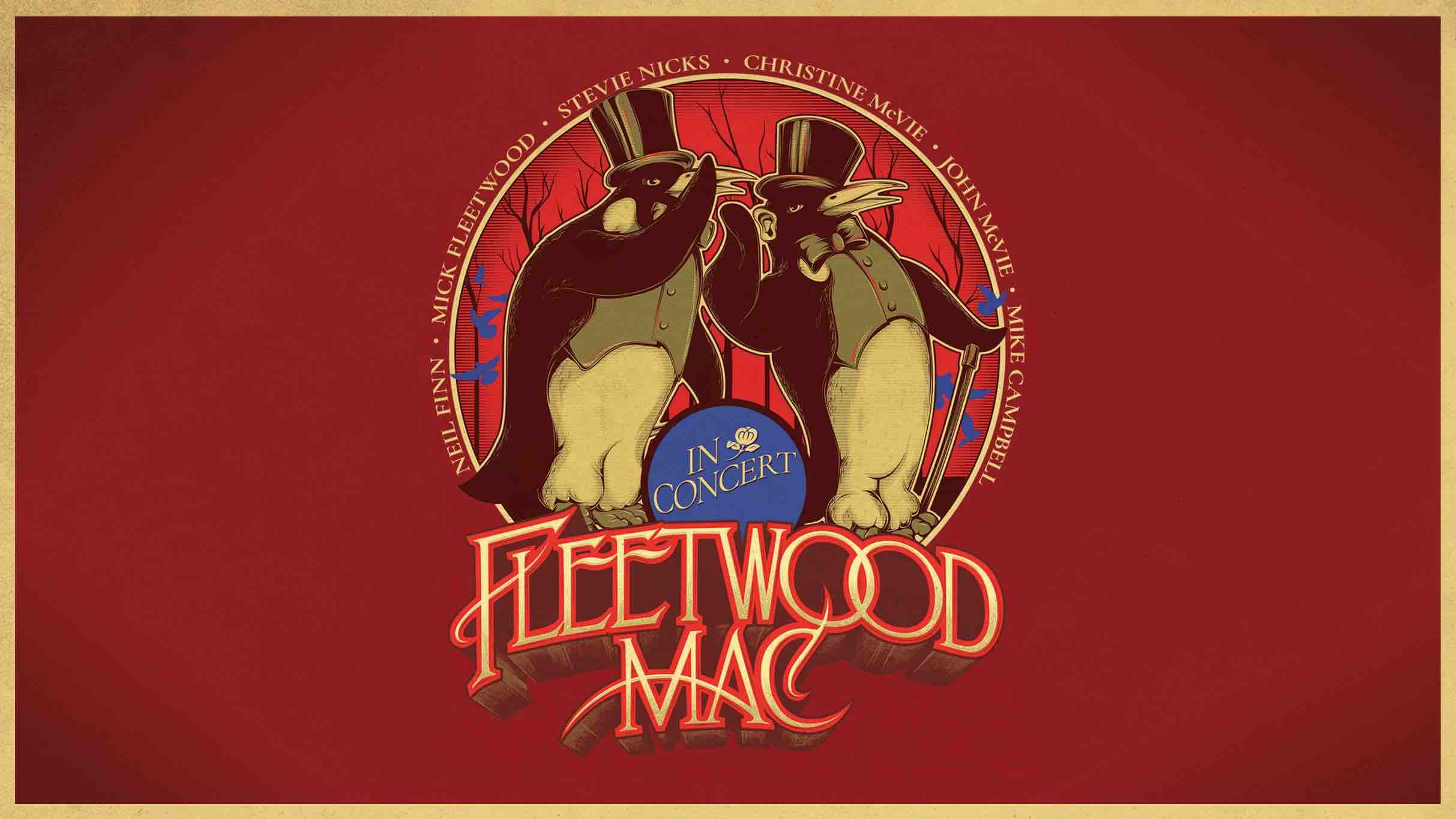










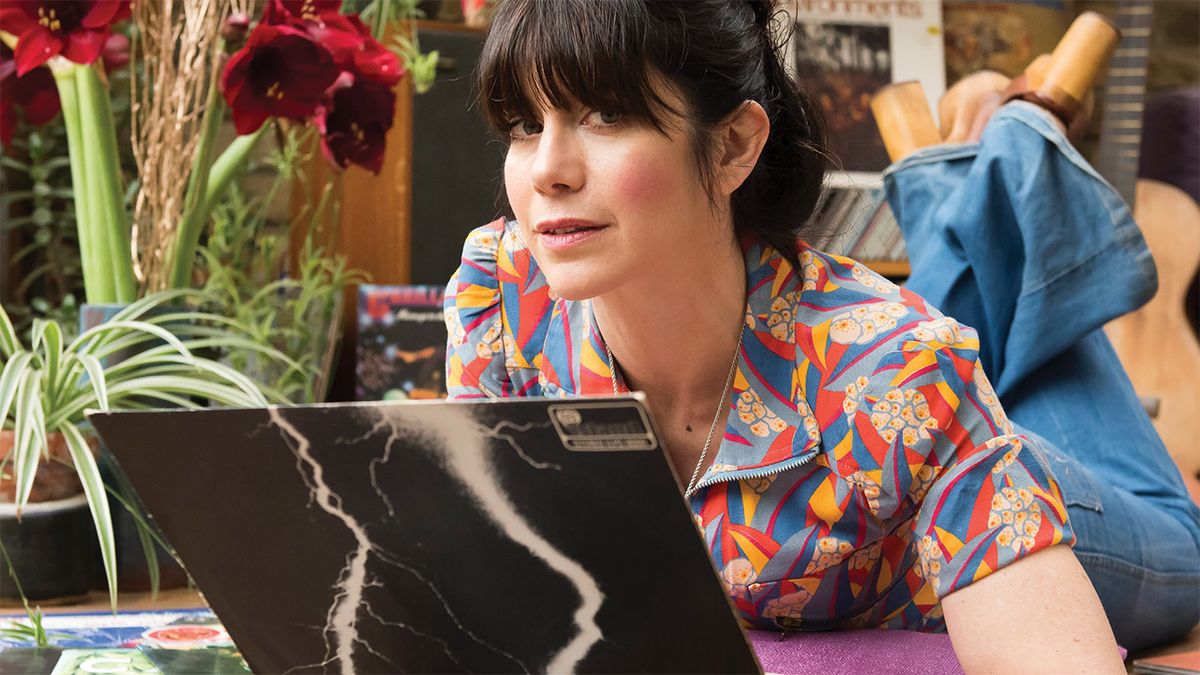












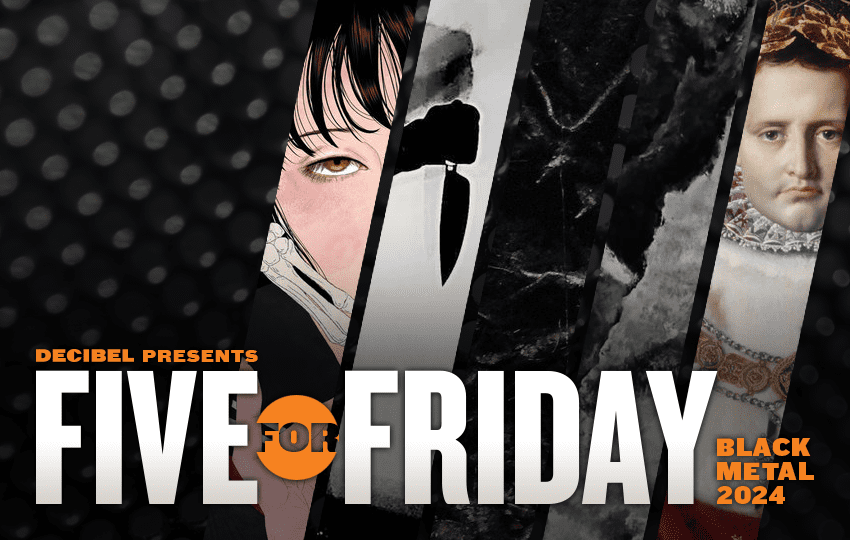
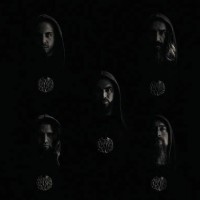

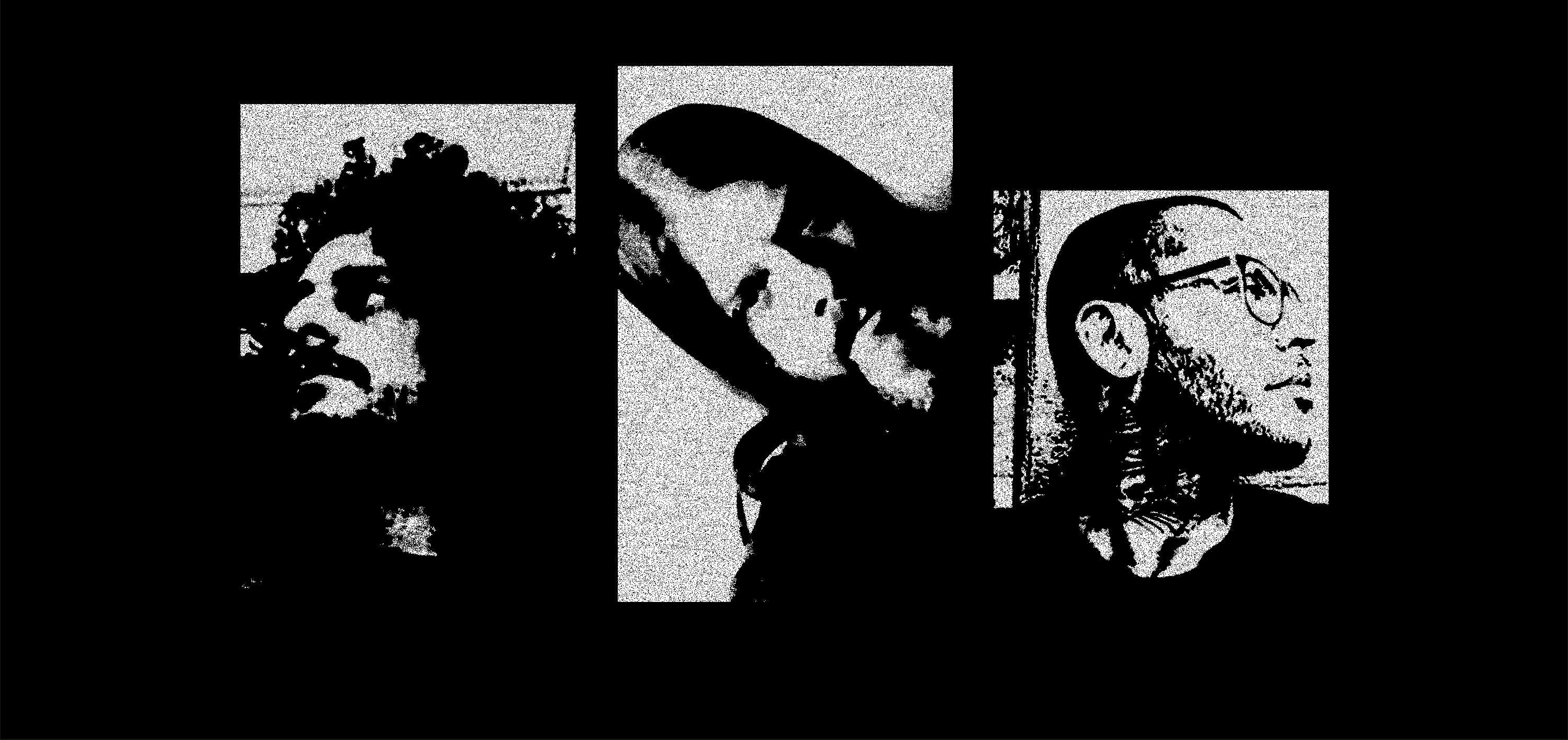


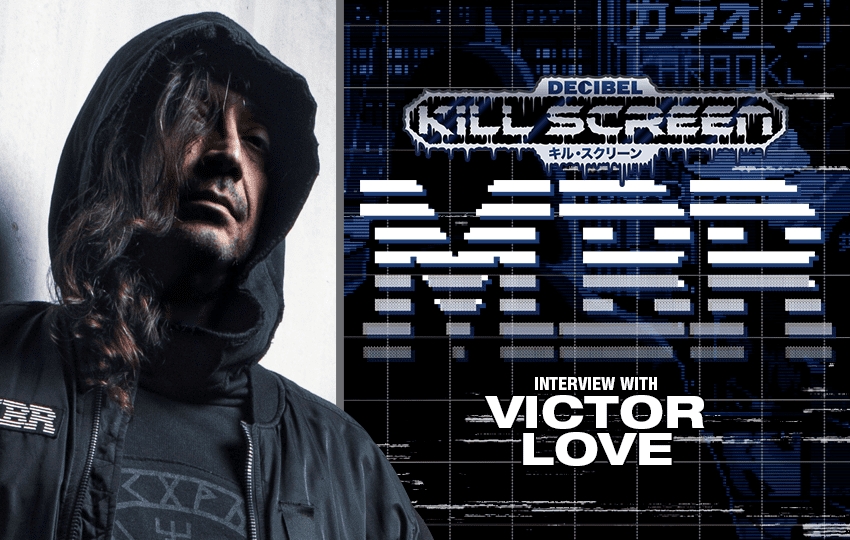




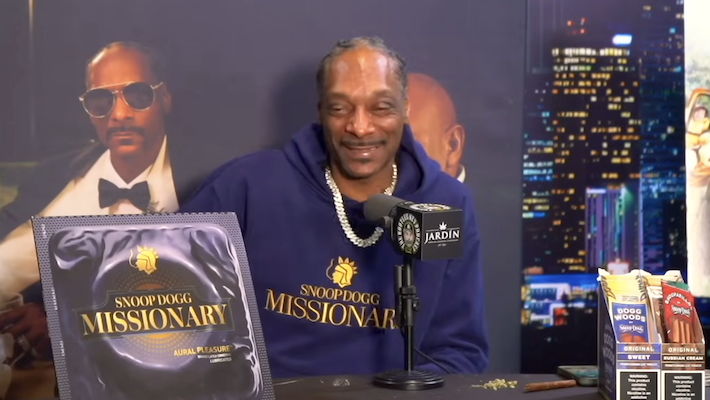



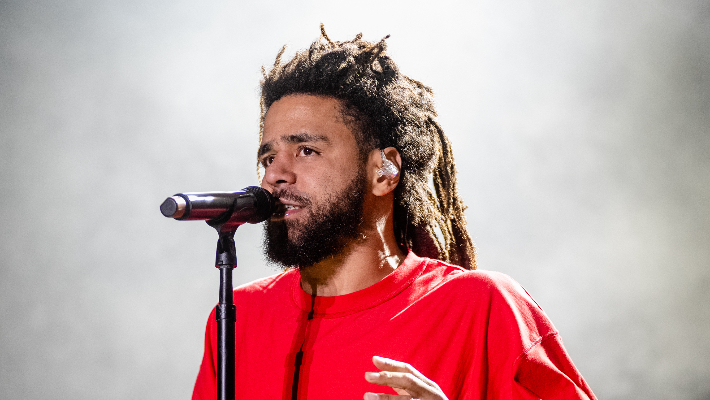

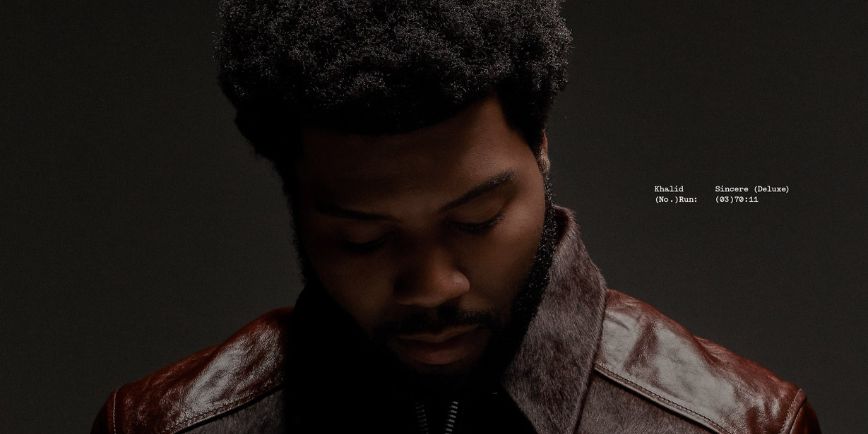


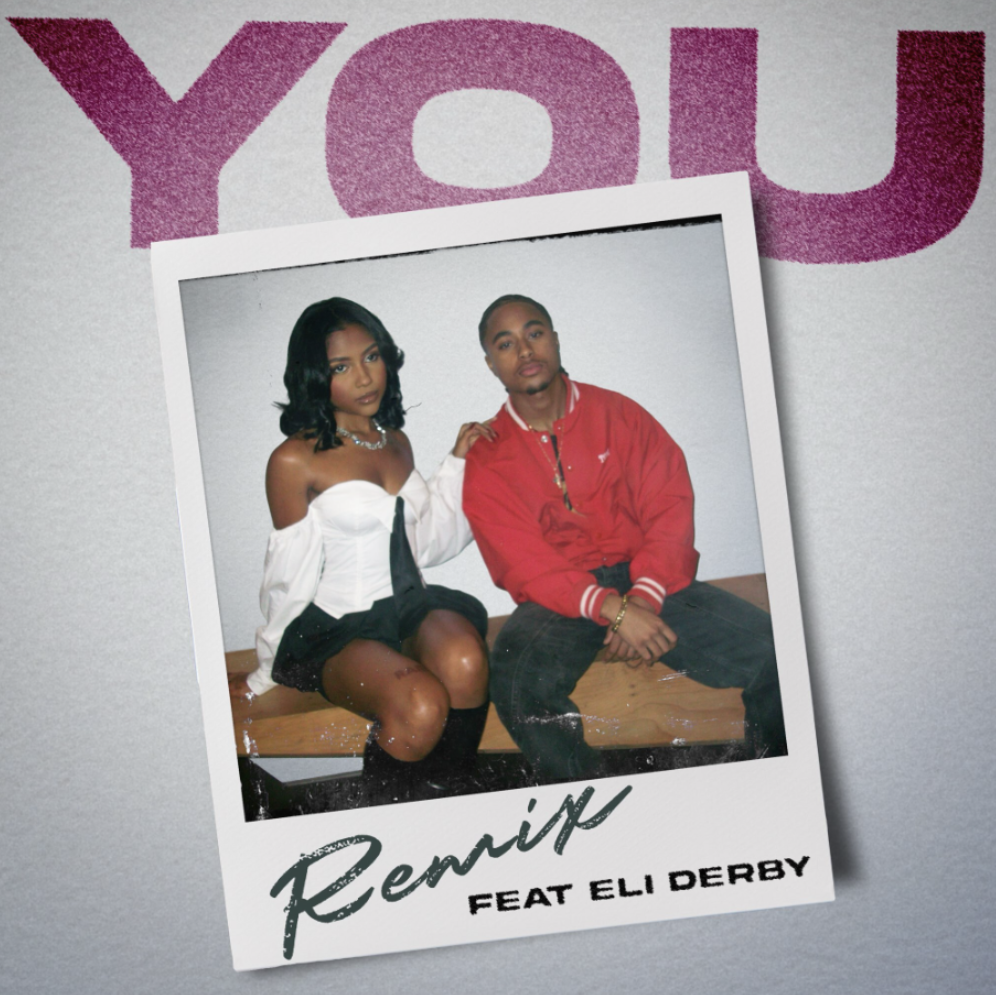
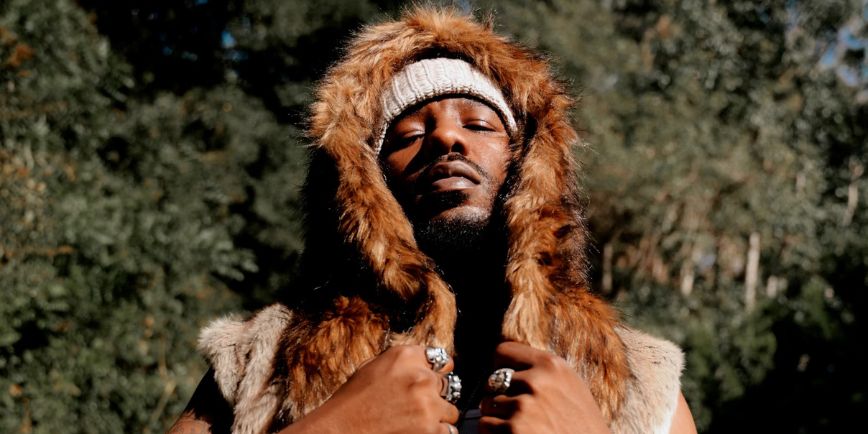
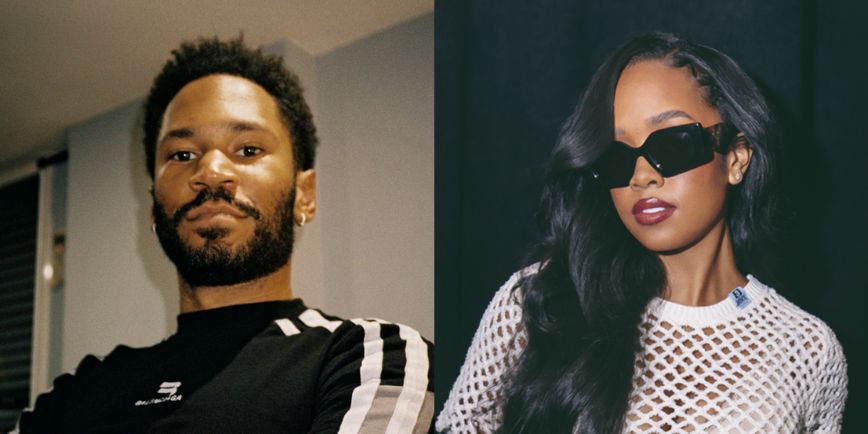
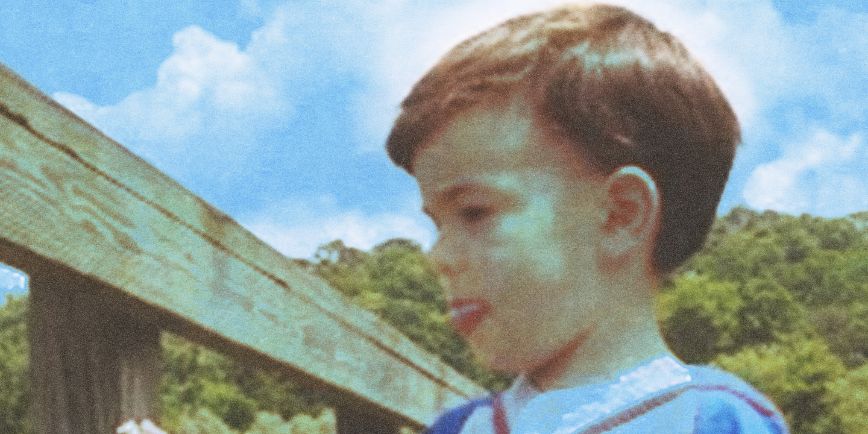

















![Ciara – Da Girls [Official Video] Ciara – Da Girls [Official Video]](https://i.ytimg.com/vi/M2z-RZR0P3Y/maxresdefault.jpg)












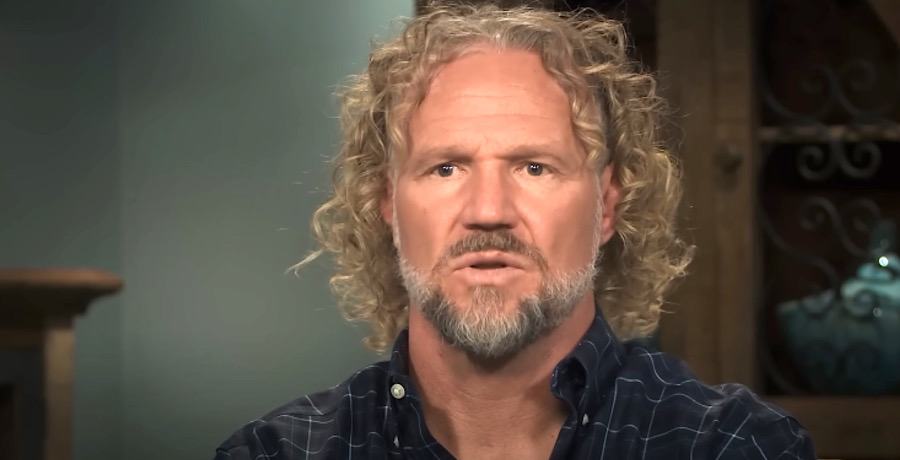
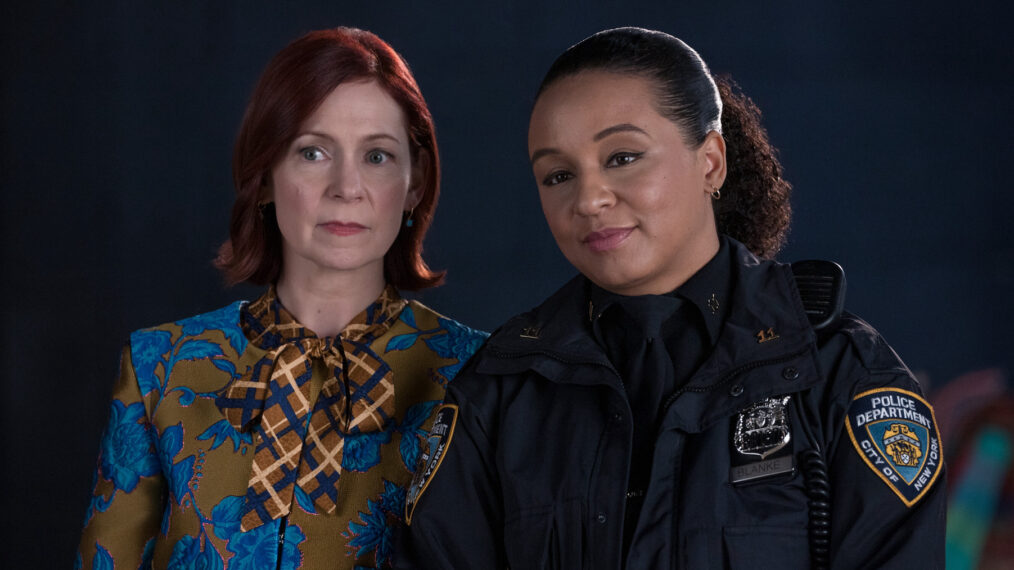

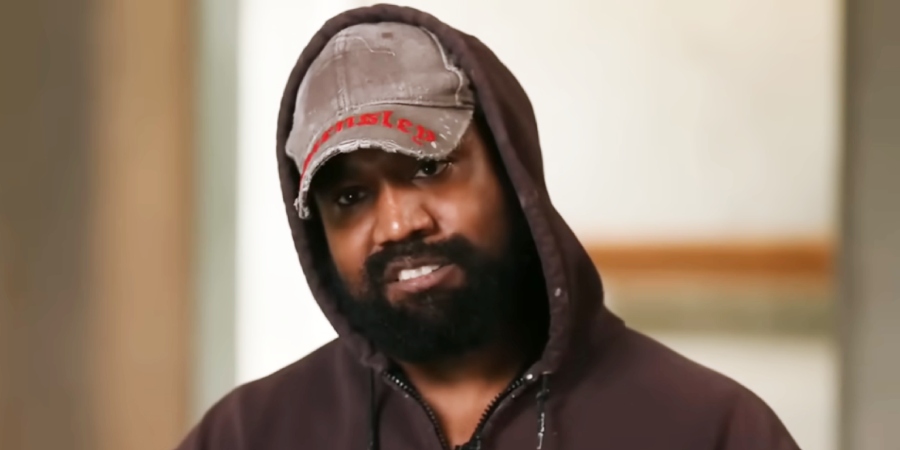


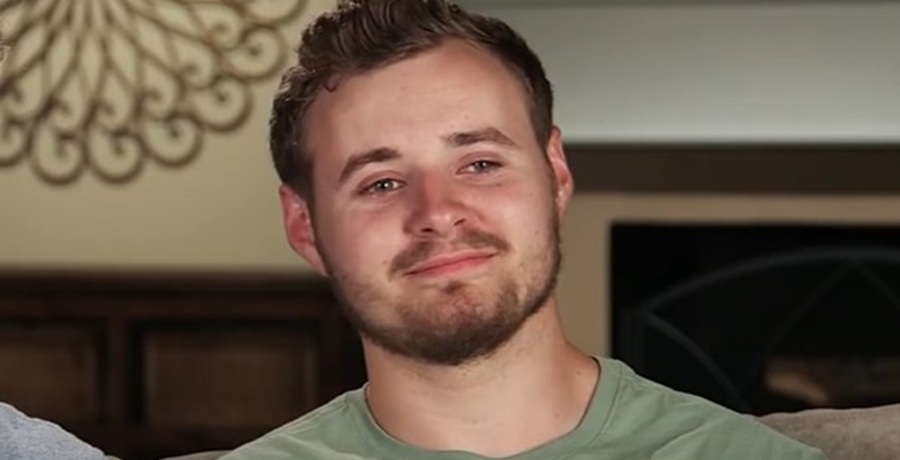
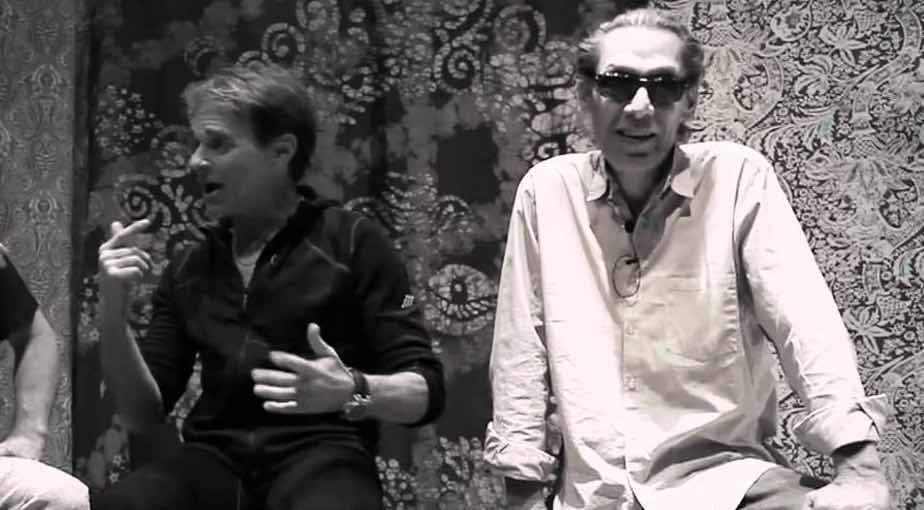

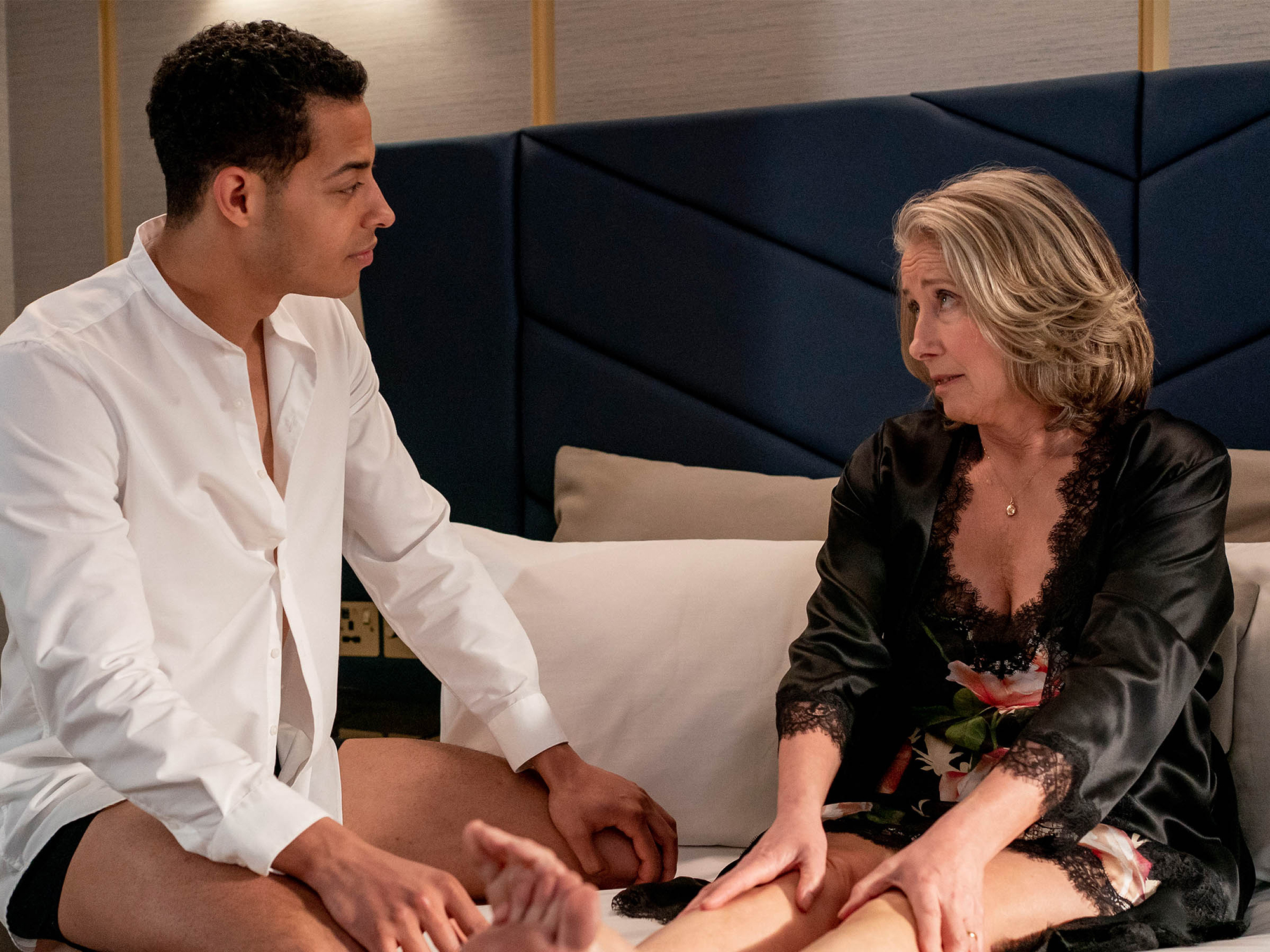
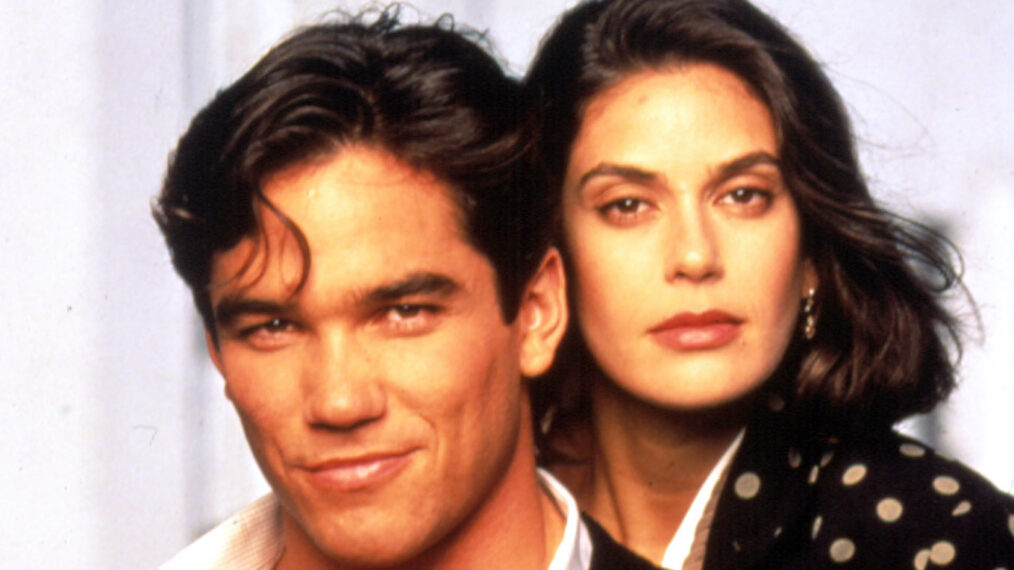










![Mason Ramsey – Twang [Official Music Video] Mason Ramsey – Twang [Official Music Video]](https://i.ytimg.com/vi/xwe8F_AhLY0/maxresdefault.jpg)

